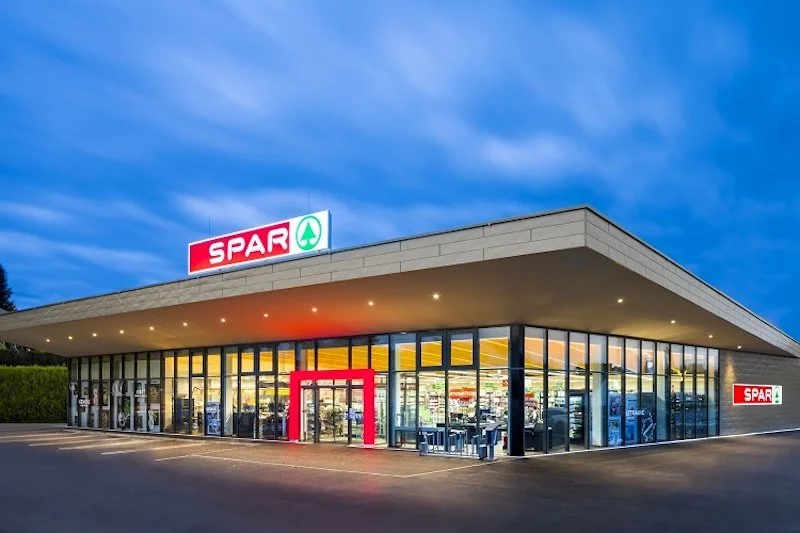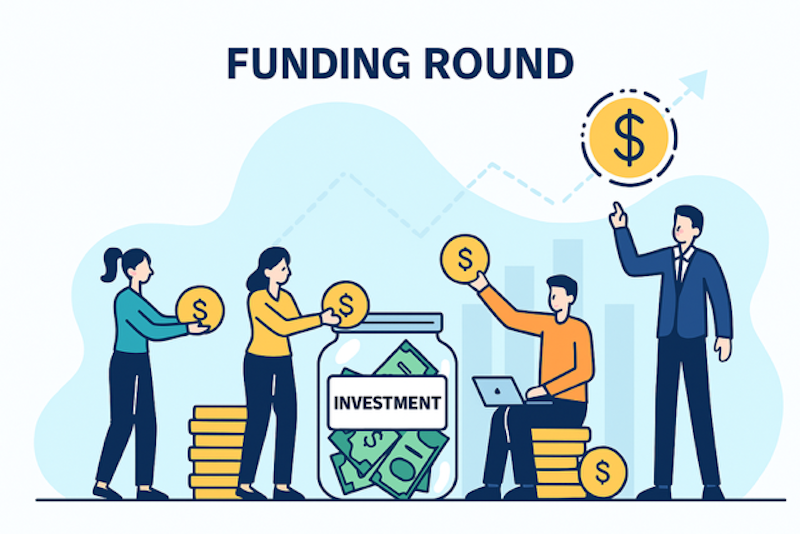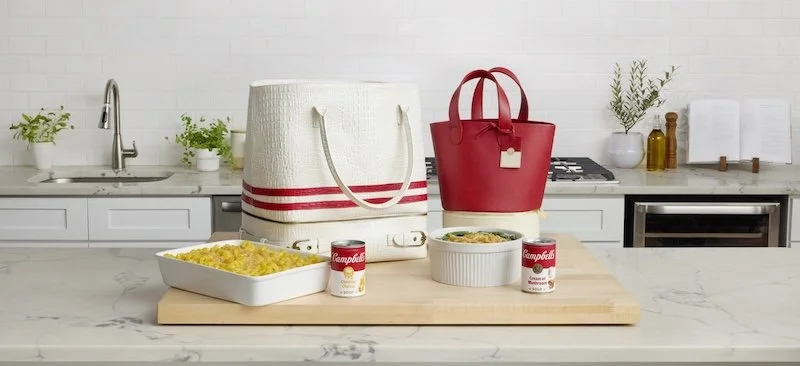UK online spending falls in March to £8.2 billion as cost-of-living crisis hits wallets hard
UK shoppers spent £8.2 billion online in March 2023, a 2.9% monthly decrease and a fall of 10.5% compared with March 2022, according to Adobe’s UK Digital Economy Index.
Consumer spending power faced increased pressure in March as the online price of essential items rose sharply, with groceries costing 9.1% more than they did last year, and pet products costing 13.7% more.
In contrast, non-essential items such as sporting goods and home and garden products decreased in price compared with March 2022, with the biggest price drops coming in toys (14.4% cheaper) and electronics (11.9% cheaper).
£1.2 billion worth of orders were processed with buy now pay later services. BNPL was used in 14% of all online orders – representing no change month-on-month. Average order values of BNPL purchases rose by 1% compared with February 2023.
The Government’s Spring Budget also caused consumers to tighten their purse strings, having been reminded of the economic challenges facing the UK.
Consumer spending levels were 6.6% below 2022 during the first two weeks of March (prior to the Spring Budget), and fell to 13.9% below 2022 levels for the second half of the month, in the aftermath of the announcement.
As Brits prepared for Mother’s Day, products such as dressing gowns, silk pillowcases and sleeping masks, and flowers were all popular – with data showing that spending accelerated in the lead up to the big day.
Shoppers splashed out £4.7 billion using mobile devices in March, representing over 57.1% of online purchases – a 4.7% year-on-year increase.
UK consumers spending 29.2% more on online purchases compared with March 2020, at the height of Covid-19 lockdown. That increase represents an 8.9% annualised growth rate over the last three years.
Suzanne Steele, Vice President and Managing Director at Adobe in the UK, says: “We’re now three years on from the first UK lockdowns, and the significant shift we saw to e-commerce in response has proved permanent.”
“The cost-of-living crisis we are currently seeing continues to hit consumer wallets hard, with significant increases in grocery prices and rising bills impacting discretionary spending, causing people to turn to buy now pay later services to manage the increasing costs of purchases.”















Continue reading…